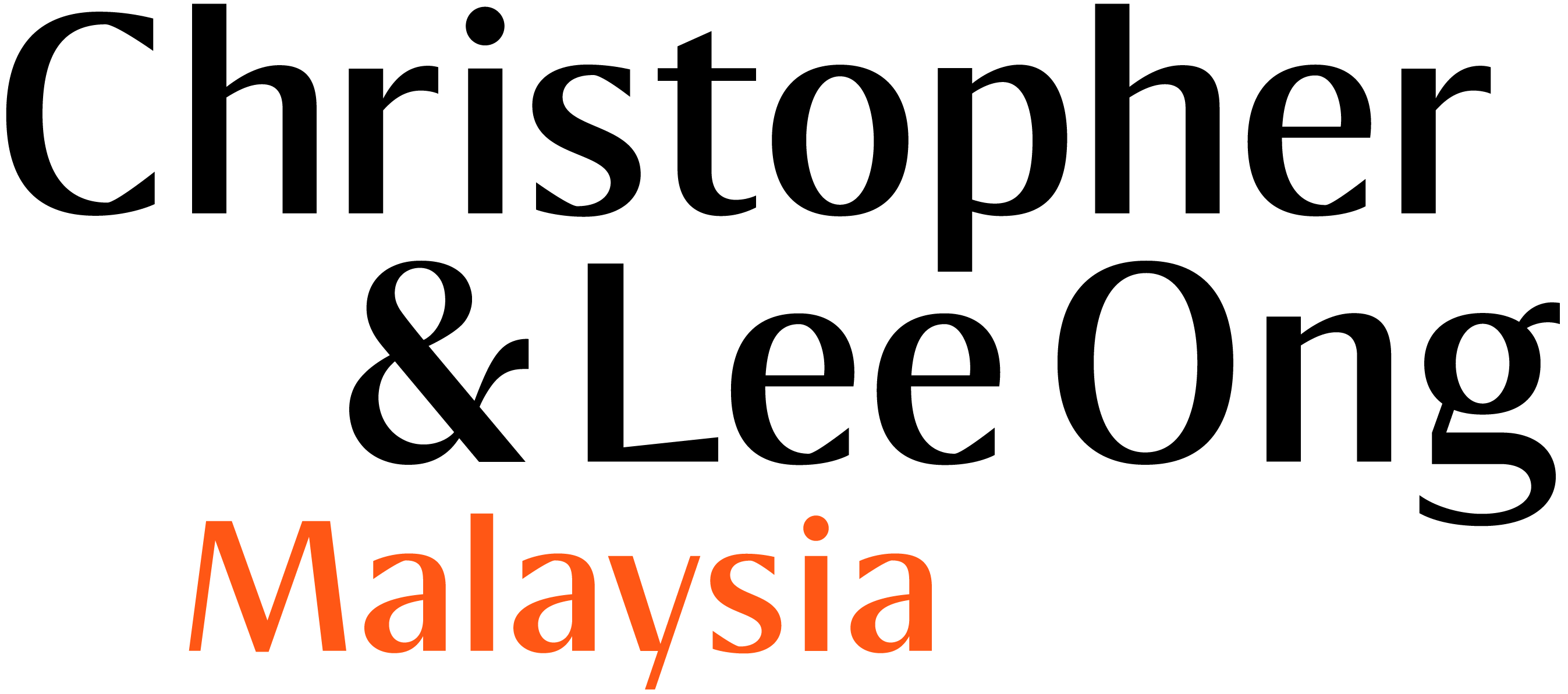The second half of 2024 saw much activity in the shipping and international trade industry. Apart from market developments, jurisdictions in the Southeast Asia region have enacted changes to their legislative and regulatory framework, and have set out initiatives in their respective policy roadmaps. The courts have also seen significant cases being decided, impacting on the state of admiralty and maritime law.
In this update, we highlight some of the key developments in the region.
In the area of legislation and regulation, there have been new developments in a number of jurisdictions. In Indonesia, amendments to Law No. 17 of 2008 on Shipping have been enacted, effecting wide-ranging changes to Indonesia’s shipping law framework. In the Philippines, the Magna Carta of Filipino Seafarers has been signed into law, enacting into law provisions setting out the rights of seafarers to decent conditions of work. In Malaysia, the government has implemented new subsidiary legislation setting out the exemption of cabotage policy for service of containerised transshipment cargo, as well as orders for exemption from income tax for Malaysian shipping businesses. In Singapore, amendments to the Customs Act 1960 were passed in Parliament, and an alternative net tonnage basis for taxation was introduced for shipping enterprises. In Thailand, legislation has introduced new requirements regarding the minimum ratio of Thai seafarers onboard Thai-flag vessels.
In the area of policy, shipping regulators have been observed to be setting out clearer directions in their initiatives and areas of focus. In Singapore, the Maritime and Port Authority has set out efforts that Singapore has been undertaking to develop and enhance its maritime sector, as well as upcoming initiatives that are set to be implemented, particularly in the fields of digitalisation, decarbonisation, and manpower development. Notably, this includes initiatives in the area of digital bunkering, with bunker suppliers required to provide digital bunkering services and issue electronic bunker delivery notes as a default from 1 April 2025, and the introduction of a centralised record verification facility. In Malaysia, the Ministry of Transport has stated that a new national shipping policy will be introduced to guide the local maritime sector. The government is also looking into the policy for subsea cable repairs with the aim of further developing its rapidly growing data centre industry. In Thailand, the country’s largest deep-sea port is undergoing the third phase of a major expansion. In Vietnam, the Maritime Administration has been undertaking stricter oversight of container shipping service prices due to surges in freight rates.
These developments reflect the continued advancement of the shipping industry in the region. As countries continue to develop their framework for maritime law and to further define their policies, we will keep you updated on the latest happenings in the industry. Please feel free to reach out to us if you wish to discuss these developments.
Click here to read the full newsletter.
Disclaimer
Rajah & Tann Asia is a network of member firms with local legal practices in Cambodia, Indonesia, Lao PDR, Malaysia, Myanmar, the Philippines, Singapore, Thailand and Vietnam. Our Asian network also includes our regional office in China as well as regional desks focused on Brunei, Japan and South Asia. Member firms are independently constituted and regulated in accordance with relevant local requirements.
The contents of this publication are owned by Rajah & Tann Asia together with each of its member firms and are subject to all relevant protection (including but not limited to copyright protection) under the laws of each of the countries where the member firm operates and, through international treaties, other countries. No part of this publication may be reproduced, licensed, sold, published, transmitted, modified, adapted, publicly displayed, broadcast (including storage in any medium by electronic means whether or not transiently for any purpose save as permitted herein) without the prior written permission of Rajah & Tann Asia or its respective member firms.
Please note also that whilst the information in this publication is correct to the best of our knowledge and belief at the time of writing, it is only intended to provide a general guide to the subject matter and should not be treated as legal advice or a substitute for specific professional advice for any particular course of action as such information may not suit your specific business and operational requirements. You should seek legal advice for your specific situation. In addition, the information in this publication does not create any relationship, whether legally binding or otherwise. Rajah & Tann Asia and its member firms do not accept, and fully disclaim, responsibility for any loss or damage which may result from accessing or relying on the information in this publication.








